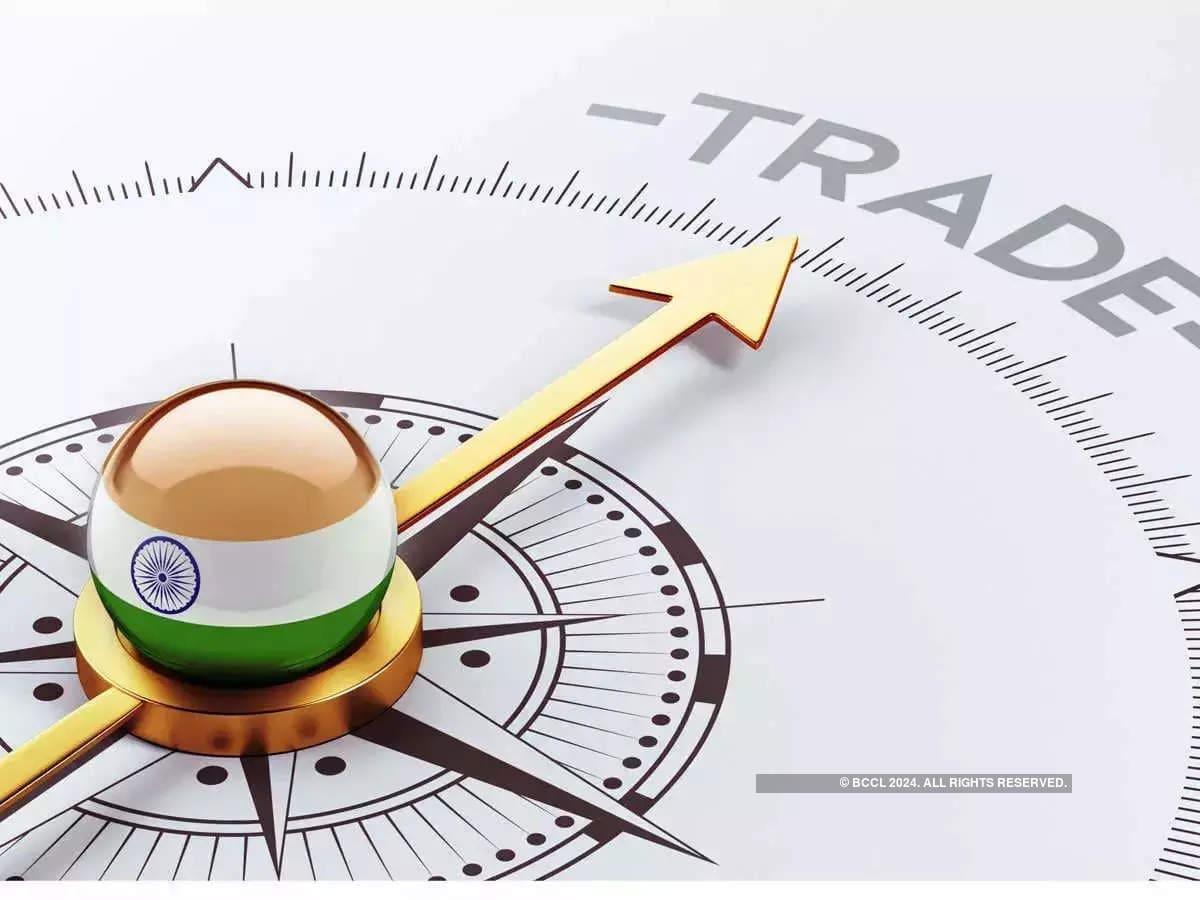India has temporarily halted negotiations for new Free Trade Agreements (FTAs) as it seeks to refine its trade strategy. The government aims to adopt a more cautious and strategic approach to future pacts, with a focus on avoiding unintended concessions, mitigating the influx of third-country goods, and securing greater market access for domestic industries.
Sources familiar with the matter revealed that the Commerce Department is finalising Standard Operating Procedures (SOPs) for future FTA negotiations. These guidelines aim to address shortcomings identified in previous agreements, such as those with the UAE and Australia. While negotiations with advanced partners like the UK and EU will continue, talks with countries like Peru and Chile have been temporarily suspended.
A recent analysis by the Global Trade Research Initiative highlighted a significant imbalance in India’s FTA-related trade. Imports from FTA partners (ASEAN, UAE, SAFTA, Australia, South Korea, Japan, Mauritius) surged by 37.9% to $187.92 billion over the past five years, while exports grew at a slower pace of 14.48% to $122.72 billion. This suggests that certain partners, particularly ASEAN nations, the UAE, Japan, and SAFTA countries, have benefited disproportionately from these agreements.
The new FTA strategy emphasises several key principles:
- Risk Mitigation: India aims to conduct thorough assessments of potential risks and future implications before granting concessions.
- Third-Country Goods: The government intends to implement stricter rules of origin to prevent the influx of third-country goods, particularly from China, through FTA partner nations.
- Balanced Trade: India will strive for more equitable trade relationships, especially with smaller nations like Sri Lanka and Bangladesh.
- Sustainability Standards: The government will resist pressure from developed countries to adopt stringent sustainability standards that could hinder domestic industries.
The Commerce Department’s “chintan shivir” held in May 2023 brought together officials and trade experts to brainstorm and refine the FTA strategy. By adopting a more strategic approach, India seeks to maximise the benefits of future FTAs while safeguarding its domestic interests.

